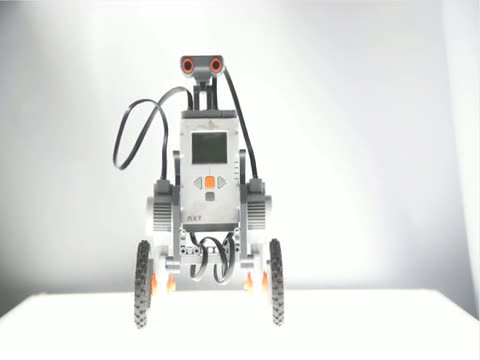A collaboration between PC researchers at the University of Bristol and nine significant media organizations, including ITV and BBC, will help the media industry comprehend and deal with the critical carbon effects of digital content.
The year collaboration, encouraged by sustainability specialists, Carnstone, will see University of Bristol analysts working with sustainability and innovation groups at the BBC, Dentsu Aegis Network, Informa, ITV, Pearson, RELX, Schibsted, Sky and TalkTalk, to map the carbon hotspots of digital media content and services.
The point is to make an online carbon calculator, DIMPACT, accessible to any organization offering digital products and services.
This is the first genuine communitarian endeavor to make a tool that takes the complexity out of calculating digital carbon emissions, supported by a portion of the world’s most innovative media organizations and the world-class scientists at the University of Bristol. The eventual tool will enable the industry to comprehend and deal with the carbon effect of digital media.
Mapping the carbon footprint of digital services like advertising, publishing, and broadcasting is troublesome because the underlying technological frameworks are massively unpredictable and continually moving. Media content goes through content delivery networks, data centers, web infrastructure, and user devices, to give some examples, with every element of the delivery chain having various proprietors.
With environmental change high on the agenda, DIMPACT will enable partaking organizations to comprehend their ‘downstream’ carbon impacts, directly to the finish client. This, thus, will empower more informed decision making to lessen the overall carbon footprint of digital services.
“We know that more and more of our interactions happen online, and screens play an ever more important role in our lives. We can say with absolute certainty that the digital economy will continue to grow. What we don’t know is how those modes of digital consumption translate into carbon impacts and where the ‘hotspots’ reside. DIMPACT will change that,” said Christian Toennesen, Senior Partner at Carnstone and DIMPACT’s initiator and product manager.
“Given the overall size of the carbon footprint of the digital media sector, it is important that companies assess and report their impacts. By doing so, they can identify the carbon savings that can be made by alternative design decisions, and hopefully, find ways to reduce their overall footprint.
“This is a great opportunity to leverage our existing research strengths to help create a ground-breaking tool with real-world applications,” said Dr Dan Schien from Bristol’s Department of Computer Science.
Following a successful commencement meeting in 2019, the DIMPACT project accomplices have begun building up the underlying model and started client experience research.
Disclaimer: The views, suggestions, and opinions expressed here are the sole responsibility of the experts. No News Feed Central journalist was involved in the writing and production of this article.



